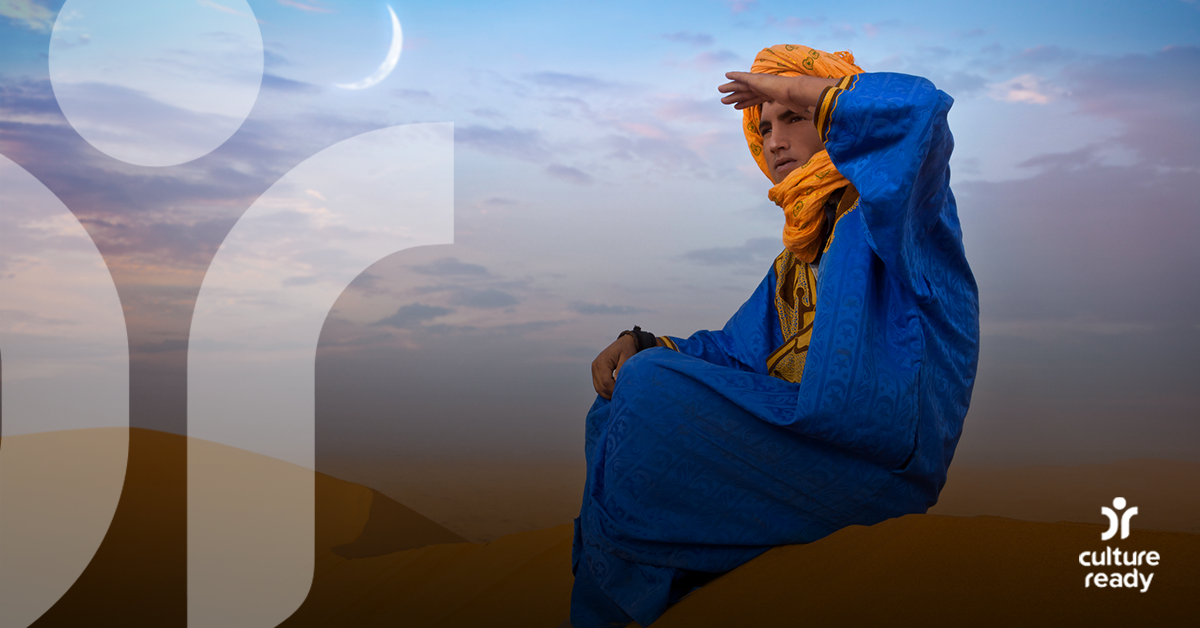The Art and Culture of Morocco's Berber People
The Berber people who live throughout North Africa are linked by their art, culture, and language. Although there are significant populations of Berbers in Albania, Tunisia, Libya, Mali, and Niger, more than 80% of the Moroccan population identifies as Berber.
Berbers often use the indigenous term Amazigh or “free people” to refer to themselves. Most practice Islam and speak Arabic. They also speak the indigenous language Tamazight, which wasn’t taught in schools until 2009.
The majority of the Berber community in Morocco lives around the Atlas Mountains. Historically, Berbers practiced a nomadic lifestyle, but now most live in multi-generational adobe homes in mountain villages and have a patriarchal family structure.
The Berber people are subsistence farmers, growing fruits and nuts, as well as raising goats and sheep. During the summer, Berber farmers in Morocco, known for their mastery of the harsh mountain terrain, bring their animals into the Atlas Mountains. Visitors interested in hiking and mountaineering in Morocco often work with Berber guides.
Berbers are also accomplished artisans; known for their creative skills, including fabric weaving and dyeing, pottery, jewelry making, and henna art. In Berber culture, artists consider the creative process a meditative experience and a chance to incorporate baraka, or “spiritual power,” into their daily lives.
Baraka predates the Islamic conversion, and believers feel it keeps negative energy away by incorporating specific colors, motifs, and symbols into art. Berber women often wear kohl eye makeup and henna designs to guard against ill fortunes. Traditionally, these women would tattoo their faces as a rite of passage into adulthood, but these tattoos are against Islamic law. In place of tattoos, Berber women now wear colorful scarves, called tahruyt, as a form of self-expression.
Learn More:
Berber Culture in Morocco
